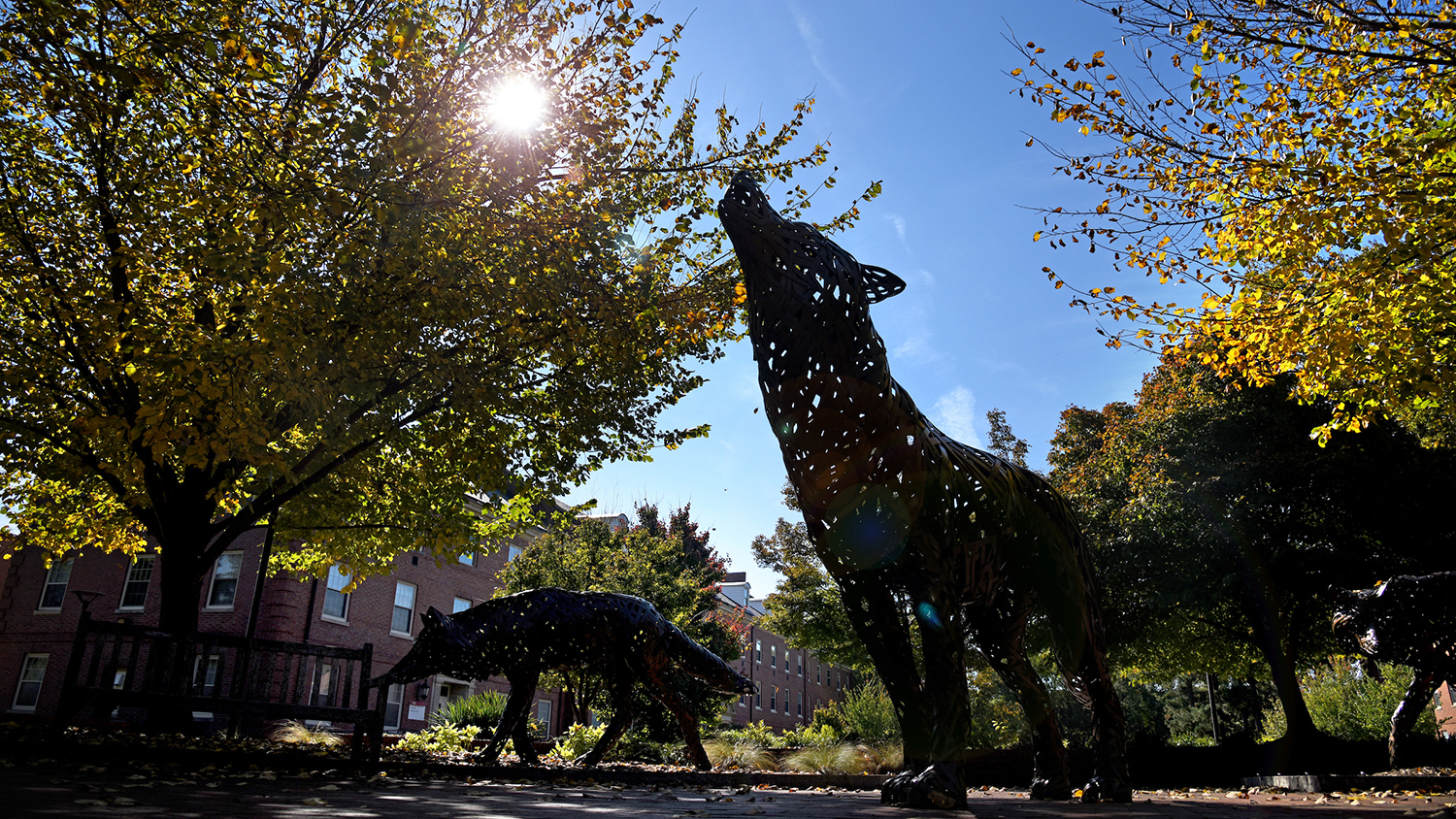Associate Professor of STEM Education Cameron Denson to Bring Sustainability to Engineering Education Through Engineering for One Planet Mini-grant

Most people with a technology or engineering background are familiar with the concept of planned obsolescence — the idea that products like smartphones are created under the assumption that they will eventually need to be disposed of in favor of an upgraded model.
This type of electronic waste is a problem that most students Associate Professor of STEM Education Cameron Denson encounters are aware of. But other sustainability impacts from technology, such as data server warehouses for cloud technology that need power and release emissions, are less well-known or discussed.
For this reason, Denson will use an Engineering for One Planet (EOP) mini-grant to develop modules for the NC State College of Education’s Engineering and Technology Education master’s program that will incorporate learning outcomes related to environmental impact and design and social responsibility, as well as communication and teamwork.
“We want our engineers to be responsible and ethical, and giving them the tools to think critically about sustainability will help support that,” Denson said.
One of each of the three modules will be incorporated into three courses within the program: Sustainability and Open Access Application in Engineering Education, Teaching Pedagogy for Service-Based Engineering Design Challenges, and Field Experiences in Engineering Education.
The first two courses will feature hands-on learning modules highlighting sustainability and environmental impact that Denson and his co-principal investigators on the project will develop over the summer.
The final course will offer a study abroad project in Rwanda, a landlocked country that is limited in resources, thus making sustainability a prominent theme in research and curriculum development, Denson said. During this course, master’s students will also engage in teaching at a K-12 school or participate in local research with a large focus on completing hands-on labs or experiments using local, reusable or sustainable materials.
The ultimate goal of the work, Denson said, is to create a next generation of engineering professionals who adopt interdisciplinary practices and a sustainable mindset, and who understand the social and cultural impacts of their work.
“We’re hoping that the efforts of this project will encourage graduates to think more holistically about the impacts of engineered solutions,” Denson said. “We are super excited to begin the work of this project and want to thank the College of Education and the College of Engineering for their commitment to sustainability.”
- Categories:


